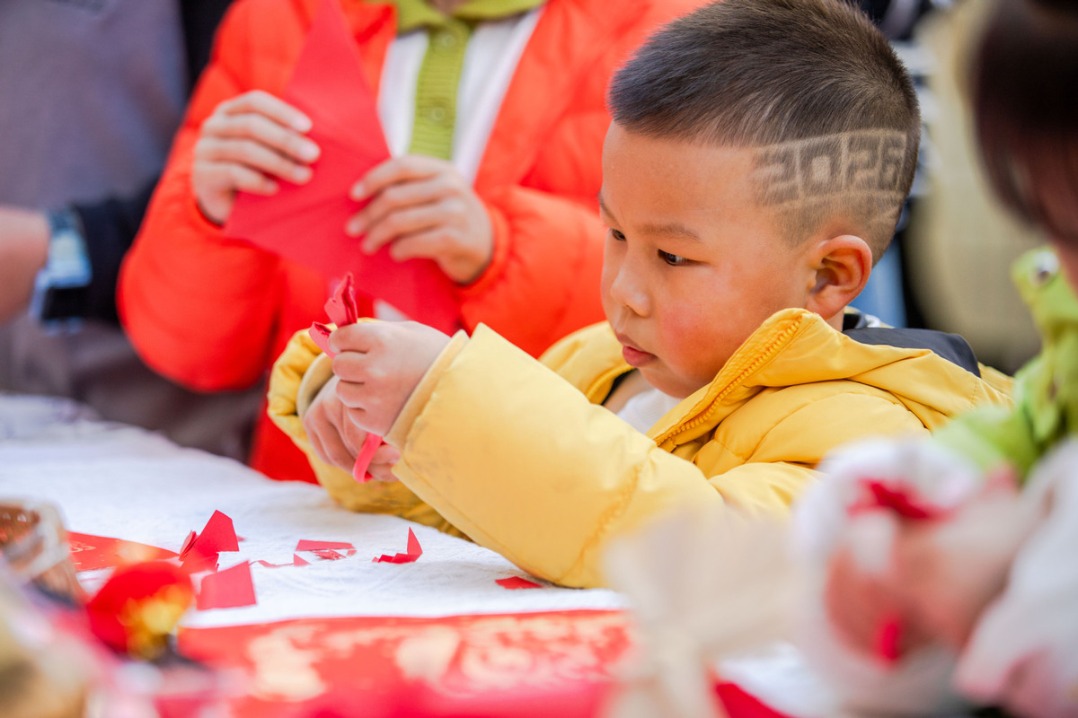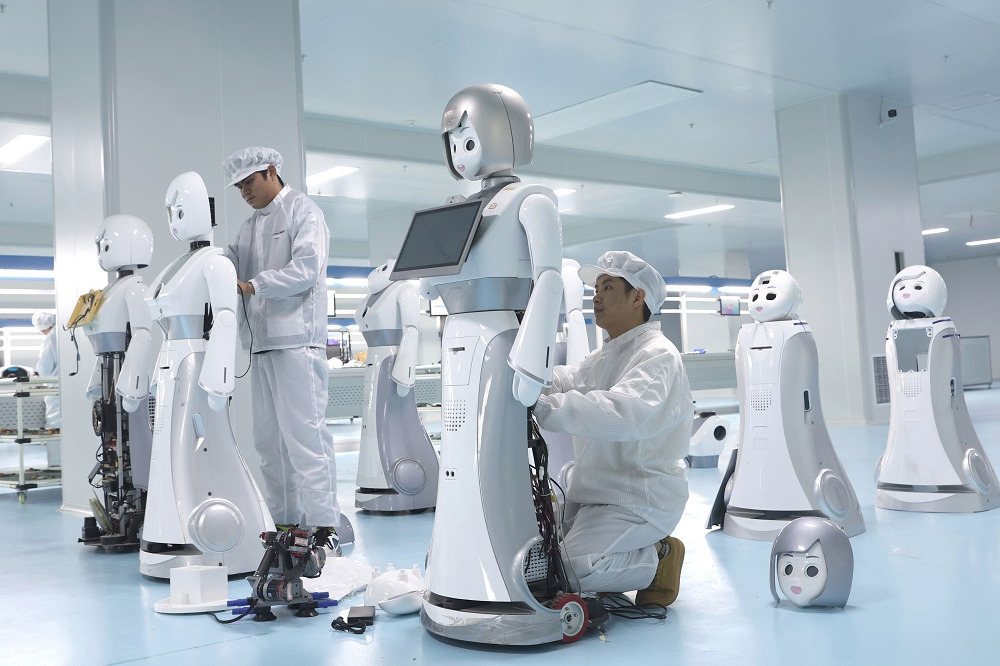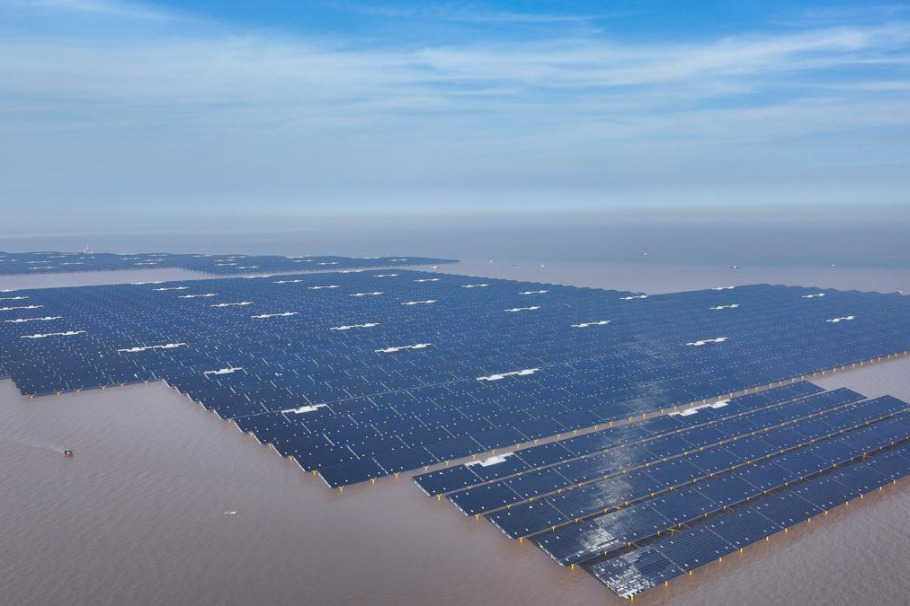Hong Kong students gain vision of the future


Mutual learning
On the afternoon of June 26, Lo Kwun-yu, a mechanical engineering senior from the University of Hong Kong, was playing with an iris-recognition machine in a hallway with his mainland tutor and friends. Suddenly, everyone froze as a 50-something man dressed in a white shirt and black pants walked out of a nearby room.
The man looked at the young crowd through his thick glasses, smiled and asked, "So, are you guys from Hong Kong?" Lo never expected that would be how his first conversation would start with famed computer scientist Tan Tieniu, director of the academy's Center for Research on Intelligent Perception and Computing.
Tan chatted with the students in the hallway for 30 minutes and shared the stories behind the black-and-white photos hanging on the center's "Big Family" wall. Soon, more Hong Kong students and even their mentor - Zhang Zhaoxiang, a researcher at the institute - joined in the fun.
The dozen star-struck students capped the unexpected meeting with a group selfie with Tan.
"He was very friendly, and that was a really special moment," Lo said. "He changed the way I view life as a scientist. I thought that being a scientist meant staying in a lab for decades, but Tan encouraged us to go outside, see the world and learn from other fields and technologies."
Tan asked the students to share their experiences in Beijing with friends back home, and not to be shy about interacting or sharing ideas with tutors and mentors during their internship, he added.
Wang Feiyue, director of the State Key Laboratory for Management and Control of Complex Systems in Beijing, said the history of computer science is punctuated by examples of students working with, and eventually surpassing, their teachers.
"You have to be bold, brave and not afraid to ask questions," he said, during a seminar with the students. "The learning process is more important than the knowledge itself, which can become obsolete. Knowing how to learn and interact with others are key to success."
Zhang Zhaoxiang said the students were innovative, modest and well-mannered. "I learned a lot about Hong Kong simply by chatting with them," he said, adding that previously he only had a shallow understanding of the city as an international port with a great appreciation for traditional culture.
However, after mentoring Lam Wah-shing and Li Ka-chiu, a computer science senior from the Hong Kong University of Science and Technology, he understood more about the latest developments in the city.
In recent years, the city government has stepped up financial and tax incentives to attract technology companies, especially those specializing in big data, the internet of things and AI.
Hong Kong officials also hope to expand scientific collaboration with neighboring Shenzhen, Guangdong province, and other cities within the Guangdong-Hong Kong-Macao Greater Bay Area.
"By talking with the students, I now have a better understanding of their needs and see more opportunities for Hong Kong to cooperate with the mainland," Zhang Zhaoxiang said.
Ma Yu-kan, a computer science senior from Hong Kong Baptist University, was surprised to learn that the Institute of Computing Technology in Beijing uses computing neural networks to detect diseases and monitor pathological changes within the body.
"It was mind-blowing for me because I thought computer science was all about coding and making software - I didn't know it could be used in medicine," he said.
Ma and his friends were also impressed by the mainland's on-demand delivery services and shared bikes, which use artificial intelligence and big data analysis to function.
"My face is bit chubbier now because I have been using apps to order takeouts," he said. "If you want to experience a city whose services are speedy and convenient thanks to technology, you should definitely visit Beijing."
- China holds central rural work conference
- Theme poster on military drills 'Justice Hammer, Blockade and Disruption'
- President Xi to deliver New Year's message to ring in 2026
- Various activities held across China to celebrate upcoming new year
- Postal and delivery services now cover all rural areas in Xizang
- Top judiciary fortifies public interest litigation





































